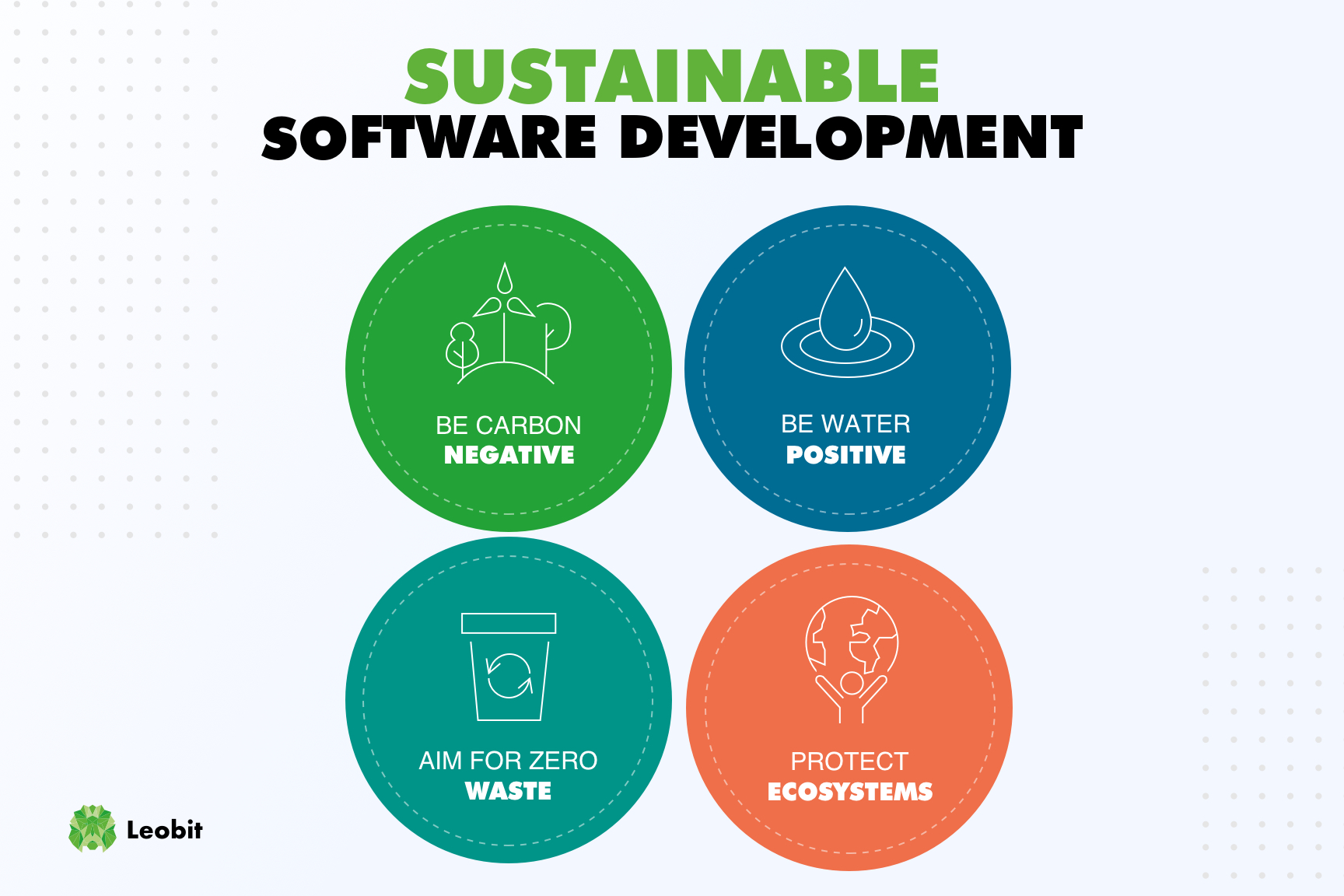Sustainable fashion brands are on the rise, as consumers are becoming increasingly aware of the environmental impact of the fashion industry. Sustainable fashion brands prioritize sustainable production practices and ethical labor practices to reduce their carbon footprint and promote social responsibility. In this article, we will dive into the world of sustainable fashion brands, their benefits, and some of the most popular brands in the industry.
Why Support Sustainable Fashion Brands?
Sustainable fashion brands are committed to reducing their environmental impact through the use of sustainable materials and production processes. The fashion industry is notorious for being one of the most polluting industries in the world. By supporting sustainable fashion brands, consumers can help to reduce the amount of waste and pollution generated by the fashion industry.
Sustainable fashion brands also prioritize ethical labor practices and fair working conditions. This means that workers are paid fair wages, work in safe conditions, and are not subjected to exploitation. By supporting sustainable fashion brands, consumers can help to promote social responsibility in the fashion industry.
Popular Sustainable Fashion Brands
There are many sustainable fashion brands to choose from, each with their own unique style and approach to sustainability. Here are some of the most popular sustainable fashion brands:
- Patagonia – Patagonia is a well-known outdoor clothing brand that is committed to sustainability. They use organic cotton and recycled materials in their clothing and have a recycling program to reduce waste.
- Reformation – Reformation is a sustainable fashion brand that uses eco-friendly materials and sustainable production processes. They also have a take-back program to recycle old clothes.
- Everlane – Everlane is a clothing brand that is committed to transparency and ethical production practices. They use sustainable materials and have a “radical transparency” policy that shares information about their factories and pricing.
- Levi’s – Levi’s is a popular denim brand that is committed to sustainability. They use sustainable materials, including organic cotton and recycled polyester, and have a recycling program to reduce waste.
- Eileen Fisher – Eileen Fisher is a sustainable fashion brand that uses sustainable materials and production processes. They also have a take-back program to recycle old clothes and prioritize fair labor practices.
- Stella McCartney – Stella McCartney is a luxury fashion brand that is committed to sustainability. They use sustainable materials, including organic cotton and recycled polyester, and have a zero-waste goal.
- H&M Conscious – H&M Conscious is the sustainable fashion line of the popular fast-fashion brand, H&M. They use sustainable materials and production processes and have a recycling program to reduce waste.
- Alternative Apparel – Alternative Apparel is a sustainable fashion brand that uses sustainable materials and production processes. They also prioritize fair labor practices and ethical working conditions.
- Nudie Jeans – Nudie Jeans is a denim brand that is committed to sustainability. They use sustainable materials and have a recycling program to reduce waste. They also prioritize fair labor practices and ethical working conditions.
- People Tree – People Tree is a sustainable fashion brand that uses sustainable materials and production processes. They prioritize fair labor practices and ethical working conditions and have a zero-waste goal.
Conclusion
Sustainable fashion brands are a great way to reduce your environmental impact and promote social responsibility. By supporting sustainable fashion brands, you can help to reduce waste and pollution in the fashion industry and promote fair labor practices. Some of the most popular sustainable fashion brands include Patagonia, Reformation, and Levi’s. By choosing to support sustainable fashion brands, you can make a positive impact on the environment and the fashion industry.

